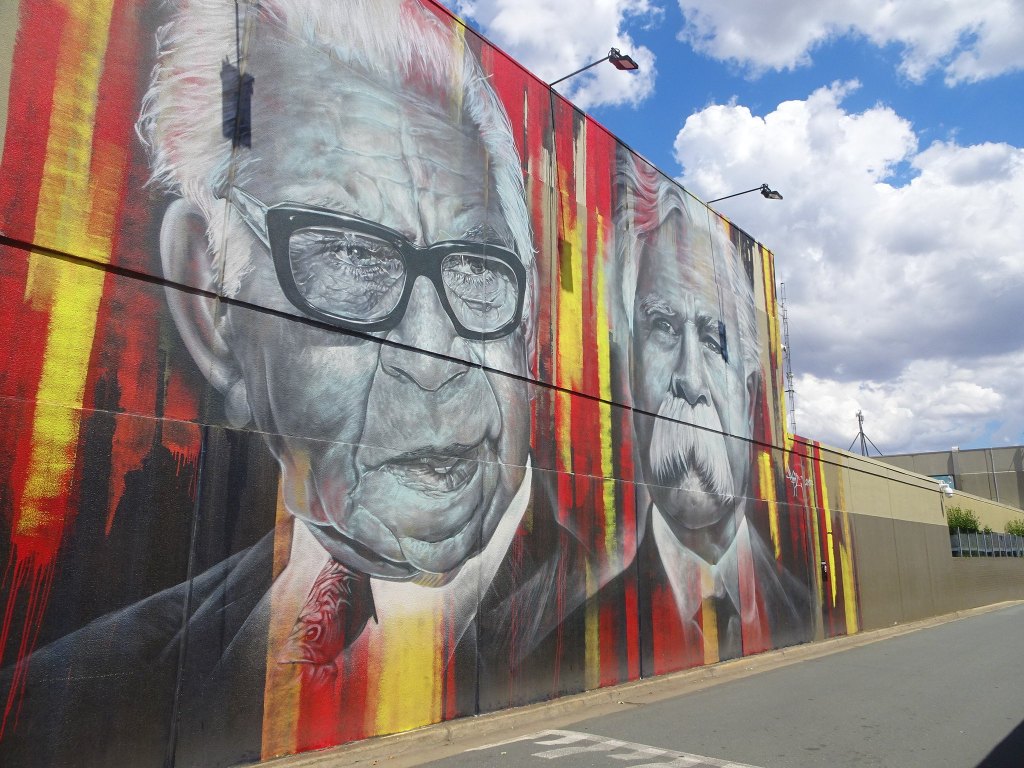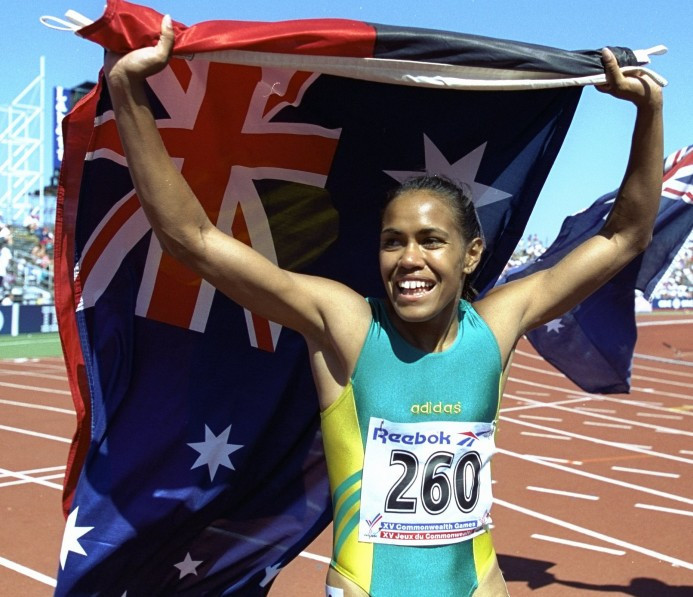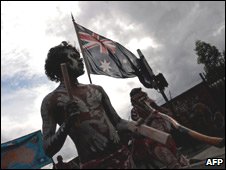
Back in 1987 I overheard my Aboriginal classmates talking in the school corridor. They were pondering the word “Aborigine”. One seemed to have been informed that it was inappropriate, but wasn’t sure why.
In 1982 I graduated from La Trobe University’s Behavioural Science Department. Unable to find employment commensurate to my degree, I decided to go to Adelaide to connect with Australia’s Aborigines at the South Australian Institute of Technology’s Aboriginal Task Force. I was accepted as a student in its Associate Diploma of Aboriginal Community Administration as the only non-Aboriginal male. The course was designed to train Aborigines to run their own communities; I was only accepted because they needed the money. However, the course had generic components that proved useful when I ran a community group in Brisbane 30 years later. Before that, I capitalized [sic] on my good grades in English at high school and became an English language instructor. During that 30 year career, I did a Graduate Diploma of Education and Master of Science in Education specializing in Teaching English to Speakers of Other Languages.
Language interests me.
What did my Aboriginal classmates find objectionable?
Well, the issue is not strictly limited to Australia. The Canadian Indigenous website Animikii claims:
… the word “Aboriginal” is not only an English word but also has a curious etymological backstory. The “ab” in Aboriginal is a Latin prefix that means “away from” or “not,” so in that sense, Aboriginal can actually mean “not original” – not exactly what we’re trying to convey with the term.
I’ve heard this suggestion before. The prefix ‘ab’ seems to be a negation, as in ‘abnormal’, so I went along with with this notion for years. However, I remained skeptical and slightly perplexed. Today I finally got around to doing some research.
It turns out that ‘ab’ means quite the opposite of ‘not’, in the word ‘Aborigine’. It means ‘far in the distant past’. The Online Etymology Dictionary states it comes [my emphasis]:
…from Latin aborigines “the first inhabitants,” especially of Latium, hence “the first ancestors of the Romans.” This is possibly a tribal name, or from or made to conform to the Latin phrase ab origine, which means literally “from the beginning.”
This is from ab “off, away from” (see ab-) + ablative of origo “a rise, commencement, beginning, source; descent, lineage, birth,” from stem of oriri “arise, rise; be born, be descended, receive life” (see origin).
It was extended by 1789 to natives of other countries which Europeans had colonized, especially “aboriginal inhabitant of Australia,” with capital A-.
The British were very science-minded people for their time and they knew their Latin. The word was chosen because they thought the Aborigines had been on the Australian continent for a very long time. They didn’t know how long, but guessed well that it had been a very long time.
How then, did this misunderstanding of the word come about? My classmates had to think hard to find something wrong with the word, ‘Aborigine’, because it wasn’t obviously offensive.
It’s important to set the historical record straight. As colonizers, the British in Australia were outsiders and unfamiliar with the many tribal distinctions and languages of the Australian Aborigines. From this cultural distance they assigned a non-derogatory word that was both all-inclusive and accurate. The Aborigines had no such concept of themselves and therefore no equivalent word in their own tongue. For Animikii and other indigenous people to complain that ‘Aborigine’ is an English word and then call for ‘Indigenous’ – another English word – to be used instead is peculiar.
Language change is inevitable. There are various forces that bring it about. We need to be careful about changing language that seeks to side-step negative connotations (especially when it is politically motivated) because it can distract from the substance of the matter. Also, it can be a futile exercise. Words have been invented or adapted to replace neutral words with perceived negative connotations, only to become terms of abuse themselves because the underlying prejudice remains. ‘Gay‘ is a good example. Continuity in language aids us in focusing on the issues and intention, which is what really matters. It is also important to preserving an accurate representation of the past.
Truth and fact is essential to historical investigation. Misrepresenting the word ‘Aborigine’ as somehow derogatory is an unjust rewriting of history. It is an outcome of an intransigent determination to deny any beneficial inheritance from colonization. Those who let go of that can rejoin the Australia that rejoices that we are many, but we are one.



Leave a comment